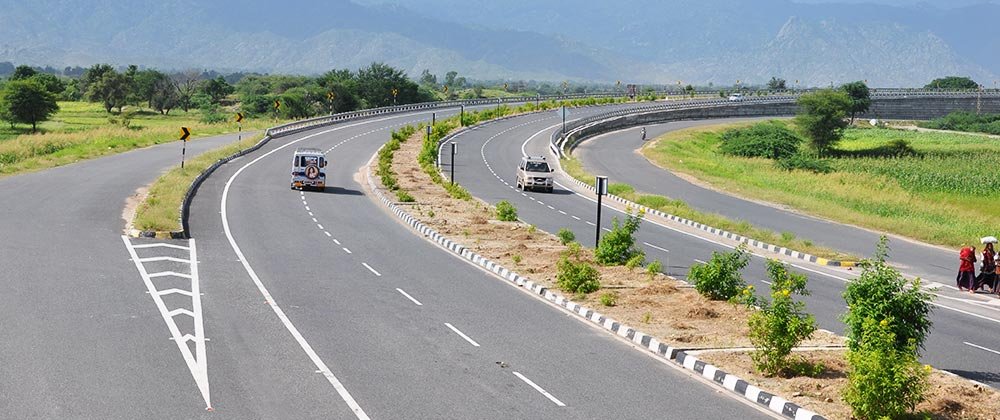Tenders: 766 km of highways and road projects

The World Bank is lending US$250 million for the development of 766 kms of Rajasthan’s Roads and Highways as part of the State Highways Development Project Phase-II.
It signed the loan agreement with the Indian Government and the Rajasthan State Government on 27 June 2019 for building the State’s capacity to better manage its highways and improve traffic flows on selected highways.
The US$250 million loan from the International Bank for Reconstruction and Development (IBRD) has a 25-year maturity including a 5-year grace period.
The Project will support the construction, upgradation, improvement and maintenance of 766 kms of state highways and major district roads and help build an online project management system and a smartphone application to handle contract management, data reporting as well as quality control among others.
Speaking after signing the agreement, Sameer Kumar Khare, Additional Secretary in the Department of Economic Affairs, said that development of State Highways in Rajasthan is crucial to the success of National-Level Connectivity Programs.
“The World Bank Project will not just help the State expand its road network but also have a lasting impact on the design and implementation of State-wide transport capital investments” he said.
Shanker Lal, Acting Country Director (India) of the World Bank, signed for the bank.
The Project will help build the capacity of the Public Works Department (PWD), which is responsible for about 70% of the State’s road network, as well as of the Rajasthan State Highways Authority.
The Rajasthan State Highways Development Program was launched in the financial year 2014-15 as a flagship program under its vision of a Resurgent Rajasthan.
This ambitious plan aims to develop 20,000 kms of State Highways and major District roads through Public-Private Partnerships.
The World Bank-supported project will help the state improve its competitiveness by increasing access to basic services for the population at large, especially those living in rural areas and smaller centers along the corridors.
Road safety is a major component of the project, with more than 10,000 road traffic-related deaths reported in the state in 2017. A global information system-based database will enable recording and reporting of road accidents as well as the storage, analysis and dissemination of this information. Citizens will be empowered to report road accidents in rural areas through a simple-to-use smart phone application.
Additional focus will be on making the roads resilient to climate change, particularly high temperatures and flooding, and also to develop institutional capacity for climate risk management. The project will support resource efficient growth through use of greener materials. fiinews.com









